The basic principles that govern a company’s operations connect its workers and define its brand are at the heart of corporate culture. These principles help teams work together, influence recruiting choices, and lead future decisions. Core values should be regularly evaluated, incorporated into everyday operations, and utilized as a guide to continually speak to where the business wishes to go in the future. These principles should serve as the basis that unites the company and defines what it means to thrive.
6 Core Values Exercises
-
Recognize Your Company’s Image
You must first comprehend your company’s image before you can define your fundamental beliefs. It encompasses both your internal and exterior image for workers and consumers. Knowing how you seem (or want to appear) helps determine what is vital to your company simpler.
For this exercise, consider the following question: What distinguishes your company? Then, compare it against rivals in the same industry as well as firms in other sectors.
What issues are you attempting to resolve? What do you want to accomplish for your staff and customers?
What comes to mind when consumers hear the name of your company? What emotions or ideas do you want them to experience? Are they the same thing?
What does excellent work entail in your organization? First, define the terms “work ethic,” “development,” and “success” in your job.
Discuss such issues in a working group comprised of managers and executives. First, create a list of values based on the picture you’ve made, then run it by workers at all levels for input before finalizing the values statement.
-
Determine What Is Critical
Choose a group of workers to discuss what is essential to your firm for this core values activity. Identifying what is and is not necessary to your business guarantees that your core values are relevant, focused, and distinctive to you. Ask each member to respond to the following questions, then compare their responses.
The top three are as follows:
what are the most significant characteristics of a [business name] employee?
Least essential, or five attributes that are harmful to [business name] performance?
What are the most notable things your business does to influence workers’ career paths?
The answers to these questions will disclose your essential principles, on which you will never compromise. You will learn where your firm is today, where you want to go, and where you do not want to.
-
Concentrate Your Values
It’s not always simple to focus when creating your company’s fundamentals. What qualities do you want your employees and company to have?
Work with a group of workers to concentrate your organization’s values for this core values activity. First, list the top ten terms or phrases that describe your firm. Then, group them into pairs based on a similar topic (e.g., kindness with compassion or balance with well-being). Choose the one value from each team on which your company would never compromise.
Choose the three to five values that are crucial to your firm from the smaller selection. These are the ideals for which you would battle, employ and dismiss individuals, and accept or deny commercial transactions. Ensure that your fundamental principles are explicit, simple to grasp for personnel at all levels, and relevant to your business.
-
Identify Shared Values
Even if their organization does not have a set of fundamental principles, many leaders do. Gather owners, founders, executives, and managers for this core values exercise and ask about their basic principles. Please take notice of the words or phrases that are repeated and consider making them the fundamental importance of the company.
Send out questionnaires to random workers at all levels to broaden the scope of this activity. While you may not want to adopt lower-level workers’ values for the whole business (they may not understand the company’s vision and objectives), they may provide fresh insights or suggestions for your values statement.
-
Connect Values And Behaviors
You’ll most likely come up with an essential list of nouns or adjectives when describing your company’s fundamental principles. Employees, on the other hand, may struggle to adapt these ideas to their job.
In this core values exercise, provide a brief statement of each value, along with a concrete example that relates to employee conduct. You might also illustrate a fundamental principle by discussing something you should not do.
For instance, if you own an organic food shop, one of your fundamental values may be quality. You may tie this value to action by stating something like, “We will only offer the highest-quality organic items to our consumers” or “We will never load our shelves with low-quality products.”
Real examples also make it easy to develop training programs, a code of conduct, and an ethics code that operates with your values statement.
-
Examine Your Core Values
Performing a core values exercise once is insufficient to keep your firm on track. Assessing your values ensures that staff remains on the path you envisioned when writing your values statement. Review your deals account once a year to evaluate whether it is still relevant to your company.
Which values are you lacking in? Are there any values that you no longer believe to be relevant? For example, would you be prepared to maintain each weight even if it meant putting your firm at a disadvantage? Will these principles still be applicable in a few decades?
However, before removing a fundamental value, consider modifying workers’ behavior to meet it. For example, create or revise training programs, or revise your code of conduct or ethics. Employees who are given the correct tools may be able to preserve critical principles better. If you’re still falling short after a year or two, you may want to reconsider your values statement.

